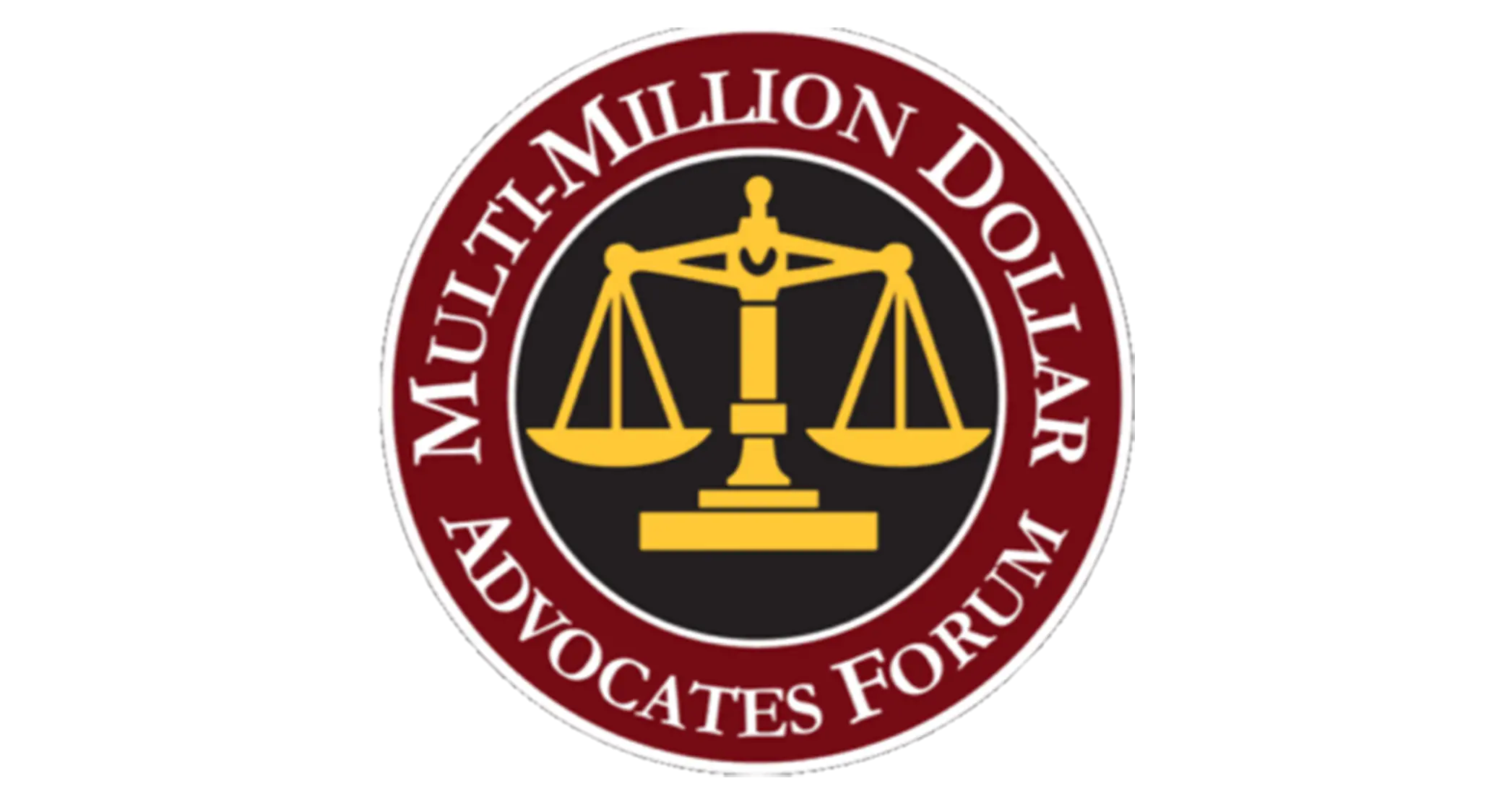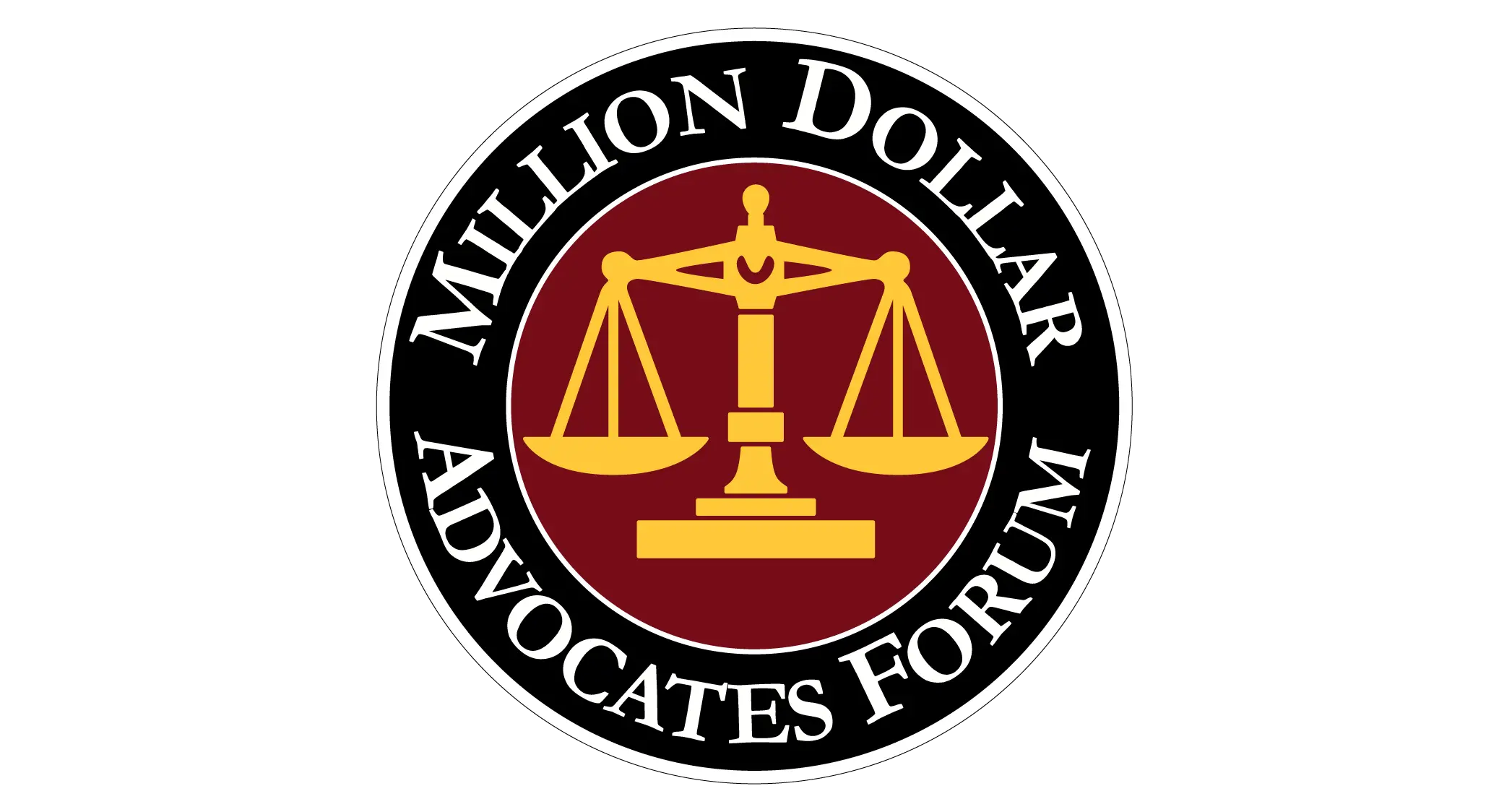Elevator & Escalator Malfunctions & Injury
Multi-story buildings are so common that we don’t even give a thought to how we’ll reach the upper floors. Office buildings, hospitals, condominiums, malls, airports, dormitories, parking garages, even beach houses… all of these and more are likely to be the location of elevators and escalators meant to provide convenient access for those who want to or need to avoid stairs. But the mechanical devices can be a source of injury to unwitting riders.
Property owners can be held liable for injuries and deaths occurring on their premises which result from negligent maintenance. Manufacturers can be held liable for design and production defects. Installers and inspectors can be held accountable for improper or inadequate procedures. The elevator and escalator accident lawyers of The Louthian Firm Accident & Injury Lawyers in Columbia, S.C., have more than 80 years of combined experience obtaining verdicts and settlements to compensate injury victims. If you or your loved one has been harmed while using an elevator or escalator, call 803-592-6231 for a free personal injury consultation, or use our online inquiry form.
Elevator Hazards
There are an estimated 900,000 elevators in the U.S., according to Consumerwatch.com. They’re much more common than escalators, so it is not surprising that more people are injured by elevators than by escalators — about 10,200 people per year.
Elevator accidents may be caused by a number of factors:
- Malfunction of the pulley system, causing the elevator to drop rapidly within the shaft
- An open shaft — for instance, during repairs — into which a person could fall
- Faulty wiring
- Inadequate maintenance
- Inspection by untrained or negligent personnel
- Failure of the elevator to line up with the floor, a trip hazard
- Dangerous design.
Anyone riding an elevator in a multi-story building may be injured in an accident. But almost half of the elevator-related fatal accidents each year involve workmen — installers, repairmen, maintenance crew — in on-the-job accidents. Elevator installers and repairers have the sixth-highest rate of work-related deaths of all construction trades, according to the U.S. Bureau of Labor Statistics Census of Fatal Occupational Injuries. The most common cause is a fall into an open shaft. Some occupational accidents involving elevators result in a worker’s getting caught in or between moving parts or being struck by the elevator or counterweights.
Escalator Hazards
Although there are fewer escalator injuries each year (due to the fact that elevators are much more common), the frequency of injury on escalators is greater than that for elevators — about 15 times more so.
Escalator injuries typically result from one of the following:
- Entrapment of a body part or item of clothing in the gaps between the moving parts of an escalator
- Falling while on the steps of the escalator
- Falling over the escalator handrail or side wall.
Two age groups are especially at risk of being injured on an escalator: children 5 and younger and adults 65 and older. Riders in either of these categories are likely to be unsteady on their feet and unsure about stepping on and off the moving stairs.
Elevator & Escalator Injuries
Victims of elevator and escalator accidents are lucky if they escape with scrapes and bruises. Many injuries are catastrophic, and even fatal:
- In 2011, a 4-year-old boy was shopping with his family in a Sears store in Massachusetts when an escalator guardrail pulled him through a gap between a plexiglass divider and the escalator, causing him to fall 18 feet onto a display case. The child died the next day. An investigation found that the opening between the handrail and the glass wall exceeded building code limits. The family reached an out-of-court settlement with the manufacturer, Sears, and the mall.
- A 7-year-old girl lost three fingers in a Florida escalator accident in 2002, leading to a $15 million settlement with Dillard’s. The escalator was 32 years old and had been maintained by unlicensed workers, and the company had fraudulently avoided state inspections and failed to report other accidents to state authorities.
- A boy’s hiking shoe became entangled in an escalator at Chicago’s Midway airport, resulting in amputation of two toes. The City paid $600,000 to settle a lawsuit alleging failure to properly maintain the escalator.
- In July 2001, an 88-year-old woman tripped as she was exiting the elevator of a medical clinic in Edina, Minnesota. The woman sustained a pelvic fracture and died soon after.
- An Alabama hospital maintenance worker was crushed between the floor and the bottom of the elevator. He had been kneeling on the floor and leaning into the shaft in order to work on a sump pump when the elevator fell.
- An 84-year-old resident of a Harlem, NY, apartment building was in critical condition, with two broken legs and a broken hip, after he was caught in the door as the elevator moved between the first and second floors.
- In November 2013, a 10-year-old boy from Baltimore was on vacation in a Murrells Inlet beach house equipped with a residential elevator. Dangerously, the elevator was able to be operated with the car gate open. As it rose, the child peered over the edge of the car platform and down into the elevator shaft; his head came into contact with the doorframe and was pinned under the elevator car; the car continued to rise up to the third floor, where the child was found laying face down on the floor of the elevator car with his head and neck trapped under the car platform. In addition to multiple fractures, he suffered catastrophic brain injury and paralysis. The homeowners, property managers, and manufacturer are defendants in an ongoing lawsuit.
South Carolina Elevator/Escalator Lawsuits
The injury lawyers of the The Louthian Firm Accident & Injury Lawyers do battle because we believe in the rights and power of hardworking people and innocent victims. If you have been injured in an escalator or elevator accident, you deserve a voice, and you deserve compensation from those whose negligence caused your suffering — whether that be the manufacturer of the equipment, an incompetent repairperson or inspector, a property owner who skirts the law, or a management company which looks the other way. Serving residents of Columbia and other South Carolina communities, we offer hands-on help and exceptional results, and we’ve been doing that since 1959. Call 803-592-6231 for reasoned advice from seasoned professionals.






